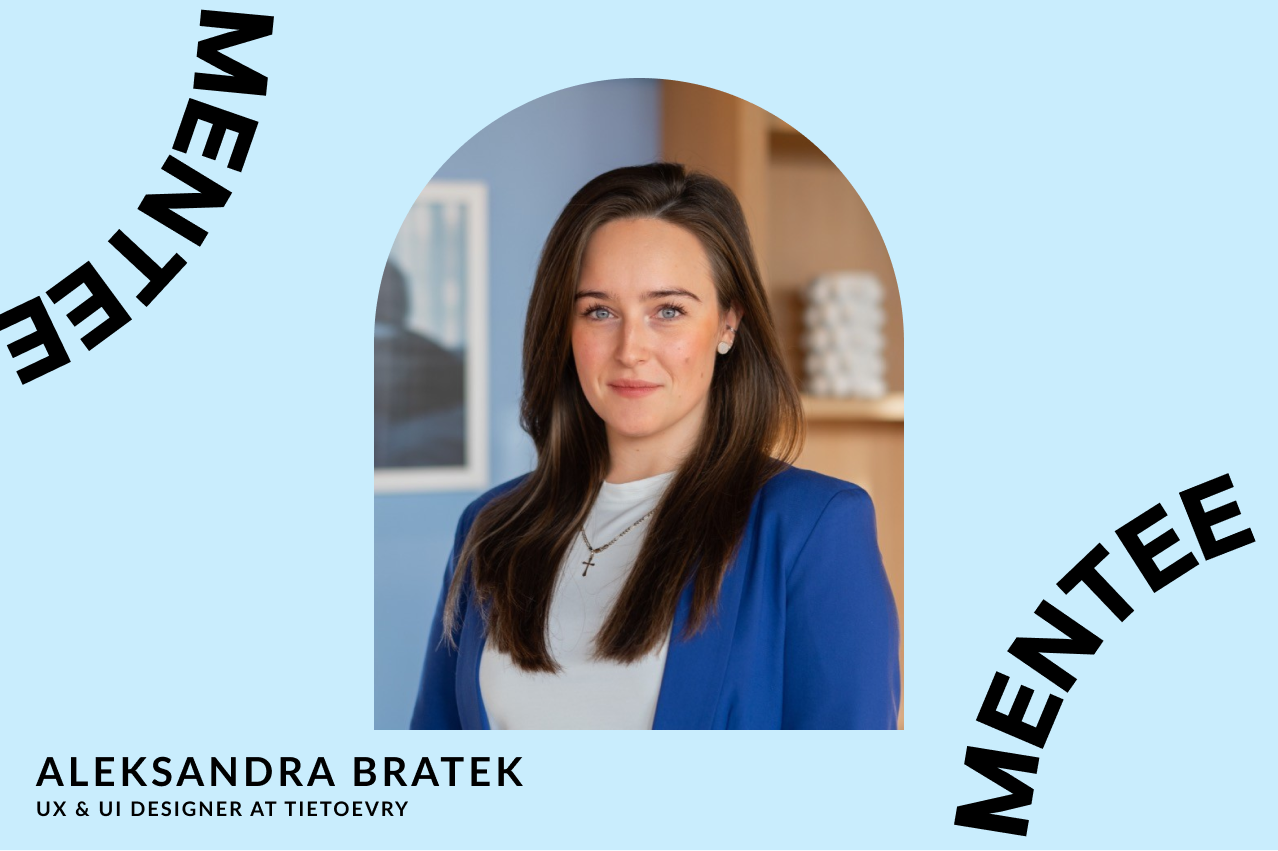
Soňa Stloukalová, Country Manager at Bolt, is an inspirational female leader with an impressive career trajectory. We talked to Soňa about milestones on her path to success, how she leads her team with an empowerment approach, and the future how current tech trends might affect the future of Bolt.
Hey there, I'm Soňa, the Country Manager for ride-hailing at Bolt. I'm responsible for ride-hailing operations in the Czech Republic, Slovakia, and now temporarily also for Romania. My job is to ensure that millions of people in the mentioned 3 countries get to their destination quickly, efficiently, and safely, while thousands of our partner drivers earn lucrative and fair earnings and enjoy the flexibility of working for a digital platform. My mission is to help, through the effective use of modern technologies, to gradually make cities more suited to people and less to personally owned cars. In my free time, I like to travel, cook, work out, try new food, and do he horse riding.
I joined Bolt in 2018 when I started on the entry-level position of Operations Specialist. Since then I've had a fast-tracked career. After the first year, I had the opportunity to move to the position of Operations Manager and lead my first team. In the next year or so, I moved to the position of Country Manager for the Czech Republic, where I had the opportunity to be responsible for the P&L for the entire country. After another year, I took over Slovakia and another great team, and in less than a year, I got the opportunity to temporarily work as a country manager for Romania as well.
I graduated from the University of Economics with a focus on the national economy. I focused on Auditing in my master's studies and that led me to work for 2 years at KPMG as an analyst before joining Bolt. However, the experience at Bolt gave me the most and, for example, I see the experience of helping to create new regulation in the country as well as different city-level solutions as one of the fundamental milestones of my career.
Looking back, I think that the combination of analytical thinking, communication and collaboration and the ability to identify issues and develop viable solutions has been pivotal. I was lucky that at school I learned resilience and the theoretical basics of analyzing data, identifying trends, and effectively summarizing ideas and their correct interpretation and presentation, which I then had the opportunity to put into practice, especially at Bolt.
I have always been very lucky to have great bosses who have taught me a lot and from whom I draw inspiration on a daily basis. I think it shaped my leadership style a lot. The most important thing for me is the empowerment of the people in my team. I try to give my people the maximum possible trust and responsibility for the work entrusted to them. This drives team engagement and means an easier transition for them when moving to a higher position.
Fortunately, I have never encountered a disadvantage in my work due to the fact that I am a woman, nor have I encountered a glass ceiling. It once happened to me in a meeting with stakeholders in a ministry that the other side directed their eyes and speech to my male colleagues and not to me the whole time before I started speaking, but that is the only such example that I remember fortunately. :)
I started when Bolt had less than 20 people in our Czech office. Now there are almost 100 of us. The 5 dynamic years gave me the experience of growing and managing a substantial part of an $8B technology business. The role of country manager allows me to have full ownership which I enjoy immensely. With my team, we built our Czech business to the clear leader on the market against much bigger and significantly more funded competitors. We launched our ride-hailing business in more than 11 cities in Czech Republic with my team and, during COVID's ban on taxis, we introduced grocery package delivery within 48 hours, followed by Bolt Food's full business in 14 days (Slovak and Czech teams showed the fastest Bolt Food launches).
We use AI at Bolt daily - for example, when performing one of our security features - driver selfie verification. However, if I answer more broadly, transportation is one of the largest industries in
the world and it is accompanied by some big challenges. Road transport creates more than 20% of the world's carbon dioxide emissions. In some parts of the world, cities have up to 8 parking spaces for one car because people want to park in different places, and personally owned cars stand unused 95% of the time on the street. In traffic jams, caused by the movement of otherwise unused private vehicles, then people spend a huge amount of time. The four most important trends in transport may help with this problem: electric cars, micro-mobility (scooters and e-bikes), shared mobility, and autonomous cars.
Autonomous cars will not replace traditional cars in the next decade. The cost of operating them will still be too high in the next 3 to 5 years in comparison with cars with human drivers. While electric cars contribute to emission reduction, particularly in personal usage, they don't resolve numerous other issues, as they still occupy urban space and contribute to traffic congestion.
Smaller electric vehicles, such as electric scooters, electric bicycles, and mopeds, can solve a number of these problems. Micromobility is particularly effective in combination with other modes of transport (for example, with public transport) and gives people the freedom to choose the most suitable vehicle for every journey.
Shared mobility, especially light electric cars, is a great solution for cities. The rider has complete freedom to choose a category of car that suits him, and he doesn't have to worry about servicing the car, not even for fuel. In addition, these cars have a much higher use in traffic, and dozens of people can use only one car, not everyone's own. I believe that car ownership will decline at an even faster rate. People will use a single app that will combine shared mobility (such as taxi rides), micro-mobility, and information about public transportation routes and recommend the best ways to reach their destination.
“Go and buy bitcoin.” :D No, seriously now - my advice is "Be confident but humble at the same time, have fun along the way, and stay open to saying Yes to opportunities."


